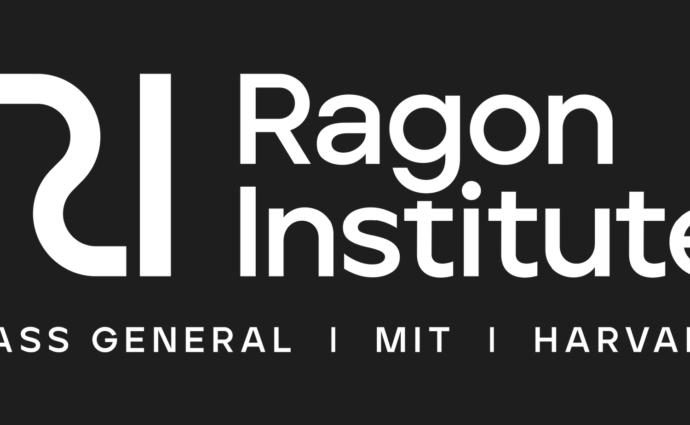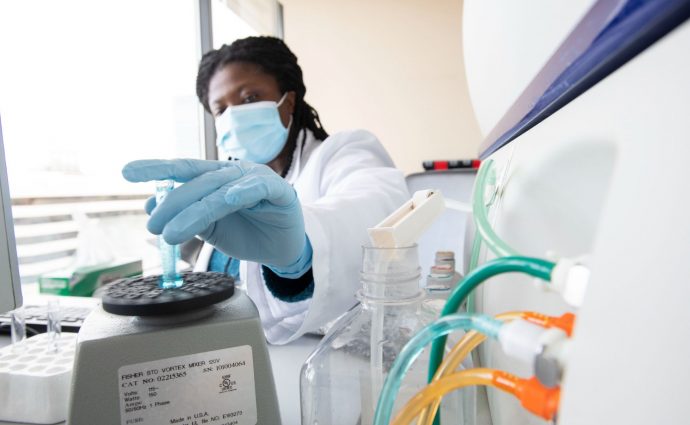
The onset of COVID-19, with its often unpredictable course, its incredible ability to infect, and its unusual immune response, created intense demand for clinical samples – that grew as rapidly as the pandemic spread. Researchers needed to look at the virus and immune system interacting throughout the body to understand the disease, using blood and mucus from COVID-19 patients. No one understood that better than Ragon Institute Core Member Xu Yu and Brigham and Women’s Hospital (BWH) Infectious Disease Faculty Member Jonathan Li, who took on the challenge of developing a COVID-19 clinical repository in March of 2020.
Collecting clinical samples is a demanding process at the best of times. In addition to identifying the types of specimens that will be most useful, researchers must find people willing and eligible to participate in the research and determine the best ways to process and store any samples collected. But the COVID-19 pandemic made this process even more daunting than usual. To work safely and swiftly in a pandemic, Yu and Li would have to change everything – and fast.
Yu and Li quickly put together a team of researchers and established one collection process, one consent form, and one central repository for all COVID-19 samples. They used technology to enroll people in the study. And, they deepened collaboration with the medical staff, who could incorporate sample collection into standard care, including setting up research collection stations at outpatient respiratory infection clinics. The team did everything in an accelerated timeframe, under intense pressure and knowing that lives were at stake.
The rapid innovation and hard work paid off. Yu and Li and their team collected samples from more than 400 COVID-19 patients in just seven weeks, sharing them with members across the Boston-area hospitals and research institutes for COVID-19 research spanning from therapeutics to vaccine development to immune response. Working within the Massachusetts Consortium on Pathogen Readiness (MassCPR), a massive collaboration of researchers and clinicians from across the Greater Boston area, Yu and Li and the team were able to pave the way for significant scientific progress against the pandemic.

Collaborate. Research. Cure. These three words embody the spirit of what we represent at the Ragon Institute of Mass General, MIT, and Harvard. We’re proud to announce our new logo — and tagline — as part of an institute-wide rebrand ahead of the opening of our new building next year! Our updated visual identity combines elements of unity, collaboration, and clarity to create an intelligent framework for conveying our mission and vision.
In South Africa’s HIV epidemic, adolescent girls and young women account for 25% of new infections. FRESH (Females Rising through Education Support and Health) helps support this vulnerable population, combining scientific research with empowering education programs.

The immune system is incredibly complex - and artificial intelligence may be the key to understanding it. This new initiative is enabled by a generous donation from Mark and Lisa Schwartz.